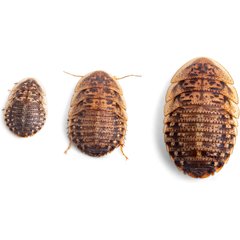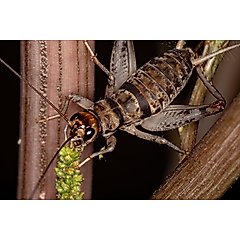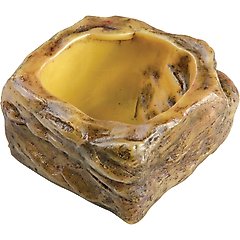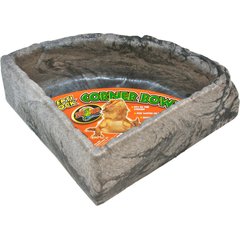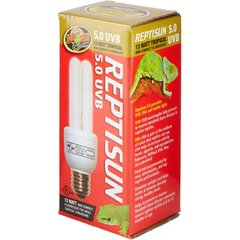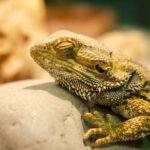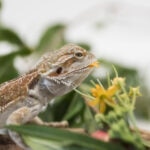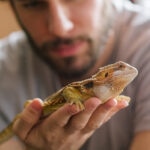How Often Should a Bearded Dragon Poop?
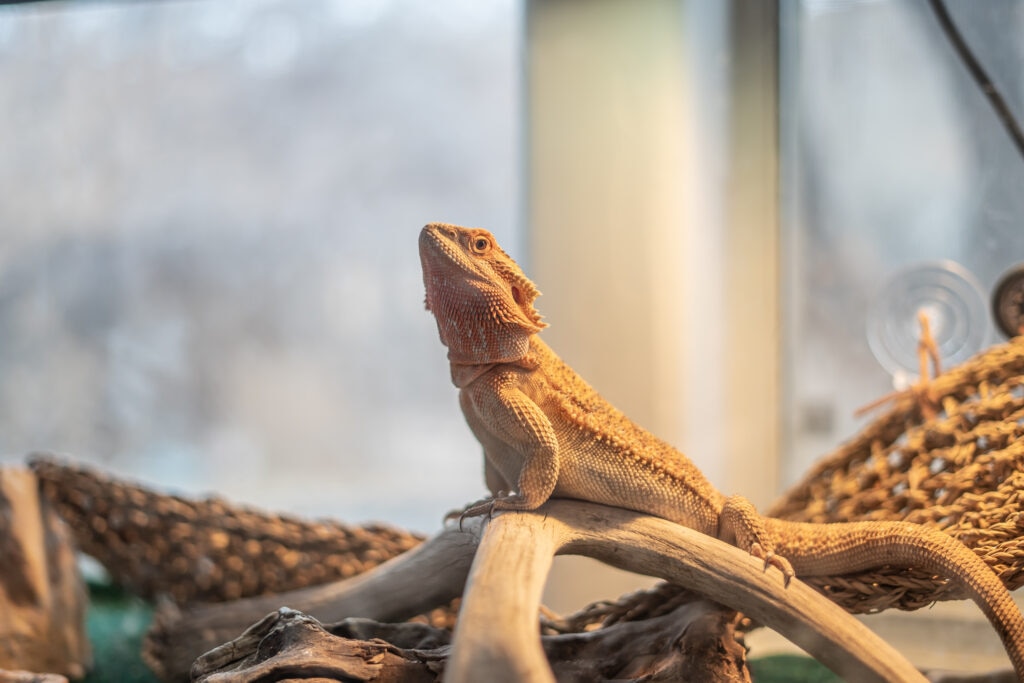
Photo by Syd White/iStock/Getty Images Plus
If you’re a new bearded dragon owner, it’s natural to monitor every aspect of your pet’s behavior, including their bathroom habits.
One of the most common questions new reptile owners ask is: “How often should a bearded dragon poop?” The answer depends on several factors, including age, diet, health, and environment.
Key Takeaways
- Poop frequency varies with age. Hatchlings go multiple times daily while adults may only go a few times per week, typically every one to three days on average.
- Diet and hydration matter. High-protein diets increase pooping; dehydration can cause constipation.
- Environment impacts digestion. Proper heat and UVB lighting are essential for regular bowel movements.
- Watch for red flags. If your beardie hasn’t pooped in five to seven days, or you notice changes in color/consistency, contact your vet.
Understanding what’s normal, and what’s not, can help you keep your bearded dragon healthy and prevent potential health issues.
Typical Pooping Frequency by Age
The frequency of bowel movements in bearded dragons can vary widely based on their life stage. Here’s what you can generally expect:
Hatchlings (0–3 months)
- Poop frequency: One to three times per day
- Hatchlings have fast metabolisms and are growing rapidly. They eat high-protein diets, mainly insects, and digest food quickly. Frequent bowel movements are normal.
Recommended Products
Juvenile Bearded Dragons (4–12 months)
- Poop frequency: One to three times per day to every other day
- Juveniles still eat a protein-rich diet but are transitioning to more plant-based foods. Their digestive systems slow slightly as they grow, so pooping every day or every other day is expected.
Adult Bearded Dragons (12+ months)
- Poop frequency: One to seven times per week
- Adult dragons eat less frequently and consume more greens than insects. Some adults may poop daily, while others only go a few times per week, especially if they’re less active or in cooler temperatures.
Factors That Affect Bearded Dragon Poop Frequency
Besides age, several other factors influence how often a bearded dragon poops.
1. Diet
Diet has a major impact on digestive frequency. A dragon eating mostly insects and protein will likely poop more often than one eating mostly greens. Foods high in water content, like squash or leafy greens, may also result in more frequent bowel movements. Providing calcium dusting and gut loading of the insects also impacts digestion and frequency.
2. Hydration
Dehydrated dragons may become constipated. Offering clean drinking water, regular soaks in a reptile water bowl, and hydrating foods can support healthy digestion and regular pooping.
Recommended Products
3. Activity Level
Bearded dragons that are more active tend to have healthier digestion. Encourage movement with regular handling and stimulating activities, such as watching TV with your beardie (yup, they enjoy this), roaming your home under close supervision, or giving them a bath in a large container. You can also release a live cricket into their tank to allow them the activity of chasing it around.
4. Lighting and Temperature
Proper basking temperatures (95–100 F for adults, 100–105 F for juveniles) and cooler regulated temperatures on the opposite end of the enclosure (75–80 F) provide a good gradient temperature. UVB lighting is also essential for digestion. Without this lighting, dragons may become sluggish and experience irregular bowel movements.
Recommended Products
5. Stress
Stress from a new environment, relocation, loud noises, or frequent handling can disrupt digestive patterns. If your dragon stops pooping, evaluate any recent changes in their routine and contact your vet.
6. Brumation
Adult bearded dragons may go into brumation, a reptile version of hibernation, especially in the winter months. During this time, they eat and move less, or not at all, and may not poop for weeks or even months. Keep in mind, brumation is rare for captive beardies.
Signs of Constipation or Impaction
It’s not just about how often your dragon poops, it’s also about recognizing signs of a problem. If your bearded dragon hasn’t pooped in several days they may be impacted or constipated if they show any of these signs:
- Lethargy or lack of energy
- Swollen or bloated belly
- Loss of appetite
- Straining without producing stool
- Hard mass in the abdomen
Impaction is more serious than constipation and occurs when something (like undigested food, sand, or substrate) blocks the digestive tract. This is a medical emergency and should be addressed by a reptile vet immediately.
How To Help a Bearded Dragon Poop
If your bearded dragon hasn’t had a bowel movement in a while, here are a few things you can do at home to encourage them to go:
- Warm Soak: Give them a warm soak for 15–30 minutes in their enclosure.
- Hydration: Offer water and hydrating veggies (like small bits of celery, zucchini, or cucumber).
- Encourage Activity: Allow your dragon some supervised time out of the enclosure to stimulate movement.
If these methods don’t work, contact your veterinarian immediately.
What Does Healthy Bearded Dragon Poop Look Like?
Normal bearded dragon poop consists of two parts:
- The stool: Brown and firm (though not rock hard)
- The urate: The white or off-white portion that’s the reptile version of urine
Runny stool, foul odor, or a greenish tint may indicate diet issues, stress, or parasites. Red streaks could signal blood and require immediate veterinary attention.
When To See a Vet
Contact a reptile veterinarian if:
- Your bearded dragon hasn’t pooped in a week
- There are signs of pain, bloating, or impaction
- Stool appears bloody or unusually discolored
- Your dragon is lethargic or refusing food
A vet can perform diagnostics, provide hydration, or administer medications if needed.
A beardie’s poop schedule depends on their age, diet, and environment. Juveniles may poop several times a day, while healthy adults may only go a few times a week. By keeping your dragon hydrated, active, and warm, you can support regular digestion and spot problems early.
Keep an eye on your dragon’s habits, and when in doubt, always reach out to a reptile vet.
Attributions
This article was created with assistance from AI tools. The content has been reviewed for accuracy and edited by a human.
